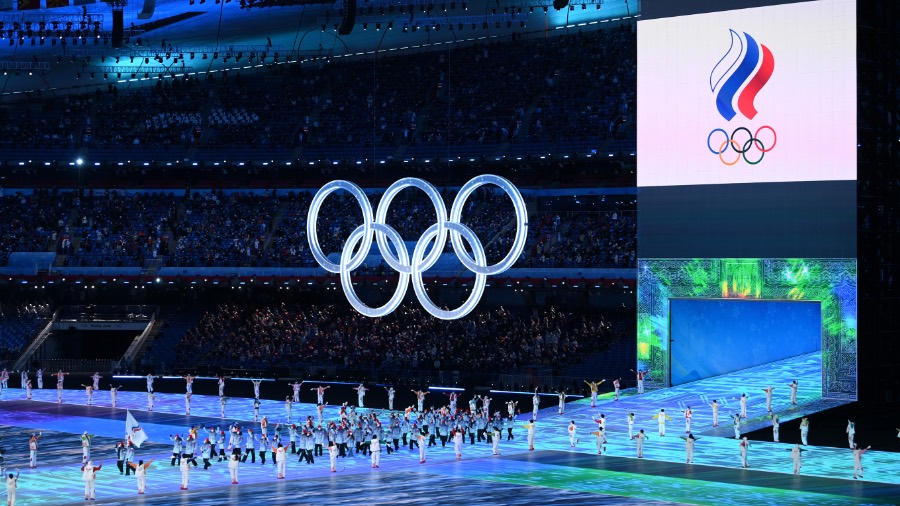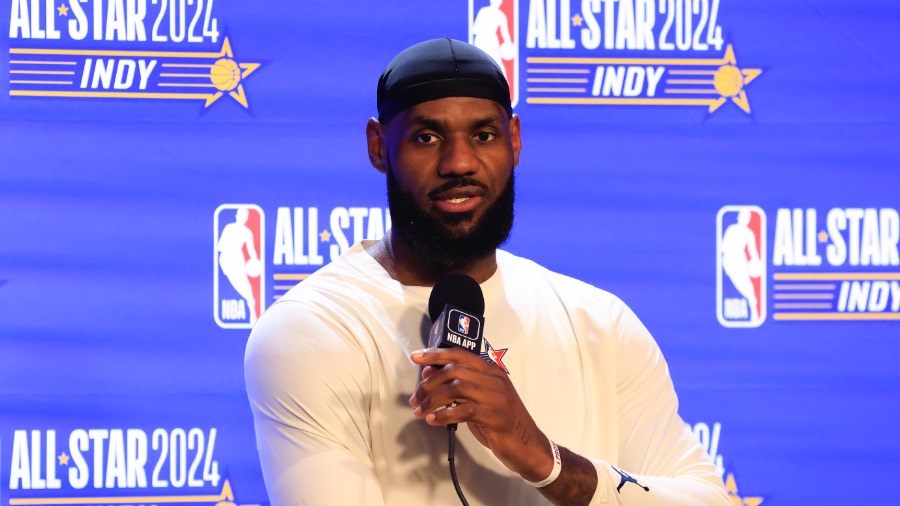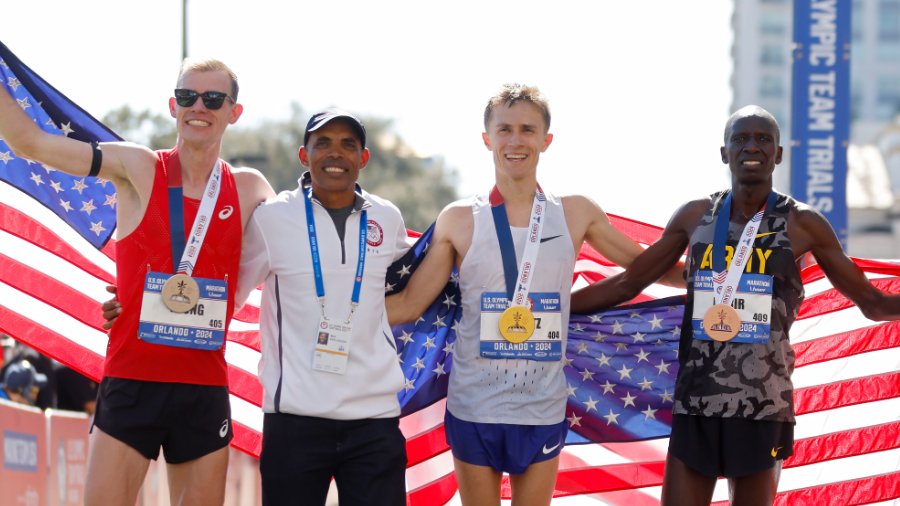US Olympic Committee Focused On Athletes’ Mental Health During Beijing Games
Feb 4, 2022, 1:39 PM
SALT LAKE CITY – As the 2022 Winter Olympics get underway, a greater focus is being put on athletes’ mental health.
Gymnast Simone Biles’ brought it to the forefront when she pulled out mid-games in the Tokyo Olympics, and the United States Olympic & Paralympic Committee is doing all it can to ensure athletes have the support they need over the next few weeks.
The USOPC says it learned a lot in Tokyo and it’s putting those lessons and the action plans that came from them to the test in Beijing.
Proud to be a part of a huge month of sports coverage! #KSLOlympics #SuperBowlLVI @KSL5TV @JJSportsBeat @Samsworth_KSL @ScottyGZone @975Hans @BensHoops @JakeScottZone @AlexKirryKSL @19scottmitchell @TrevorASports @kyleireland
📽️: @Thee_Kris_Lewis pic.twitter.com/tYxnyVOXBM
— KSL Sports (@kslsports) February 4, 2022
Athletes from around the world praised Biles’ decision to prioritize her safety over securing a medal – and still, months later, athletes competing in the Winter Olympics are grateful for her example.
“I think it does give us, give all the athletes a sort of sense of peace knowing that when the time comes, of course we’re there to do our jobs and that’s what we’ve dreamed about doing, but ultimately it comes down to our own wellbeing as people,” said Nathan Chen.
“I’m really happy that this current generation is so comfortable talking about stuff that a lot of people — because they weren’t comfortable talking about it, problems got worse or hidden and that didn’t help mental health or performance,” said Sean McCann, USOPC senior sports psychologist.
“The more we’re talking about it, the more we’re normalizing destigmatizing,” added Jessica Bartley, USOPC director of mental health services.
In addition to the added attention to the importance of an athlete’s mental game, the USOPC left Japan with new ideas for how better to support team members.
“The majority of our winter athletes, we actually did some mental health screens around anxiety, depression, eating disorders, sleep, alcohol and drug use over the summer to just get a better baseline on where athletes are at,” Bartley said.
Who is watching the #Beijing2022 #Olympics? @govincentzhou opens up about #mentalhealth, stereotypes of being a male figure skater, & more. Good luck to him and everyone else competing! https://t.co/o0HmXRa8HA @NBCNews
— Jay Ruderman (@JayRuderman) February 4, 2022
Mental health services available to the team will be even more widespread this time around.
“Those include creation of more wellness spaces that better incorporate our mental health officers and the USOPC clinical team, more domestic engaged with friends and family during the games, and creating further opportunities to celebrate individual athlete accomplishments and milestones on the ground in Beijing during the games,” said USOPC chief of athlete services Bahati VanPelt. “In Tokyo, we found these simple gestures significantly strengthened interpersonal relationships with the athletes that were there.”
No one knew just how much COVID-19 would change the playing field for all athletes going in to the Summer Games. But with the lessons learned, there’s hope the Winter Games will be even more successful.
“Being on the ground in Tokyo, in a pandemic environment, gave greater insight into just how disruptive the events of the last year-and-a-half have been but more importantly how resilient our athletes are,” VanPelt said.
And despite the added challenges that come with competing during a global pandemic – the goals of the athletes remain the same.
“They’re still going after dreams and trying to achieve goals that they’ve had for a very long time,” Bartley said.
And so do the goals of the USOPC mental health staff.
“We will have a laser focus on mental health and wellness for athletes,” VanPelt said.
The USOPC taking many steps forward toward squashing the mental health stigmas out there, and making it an open discussion where hopefully we can all learn from each other.












